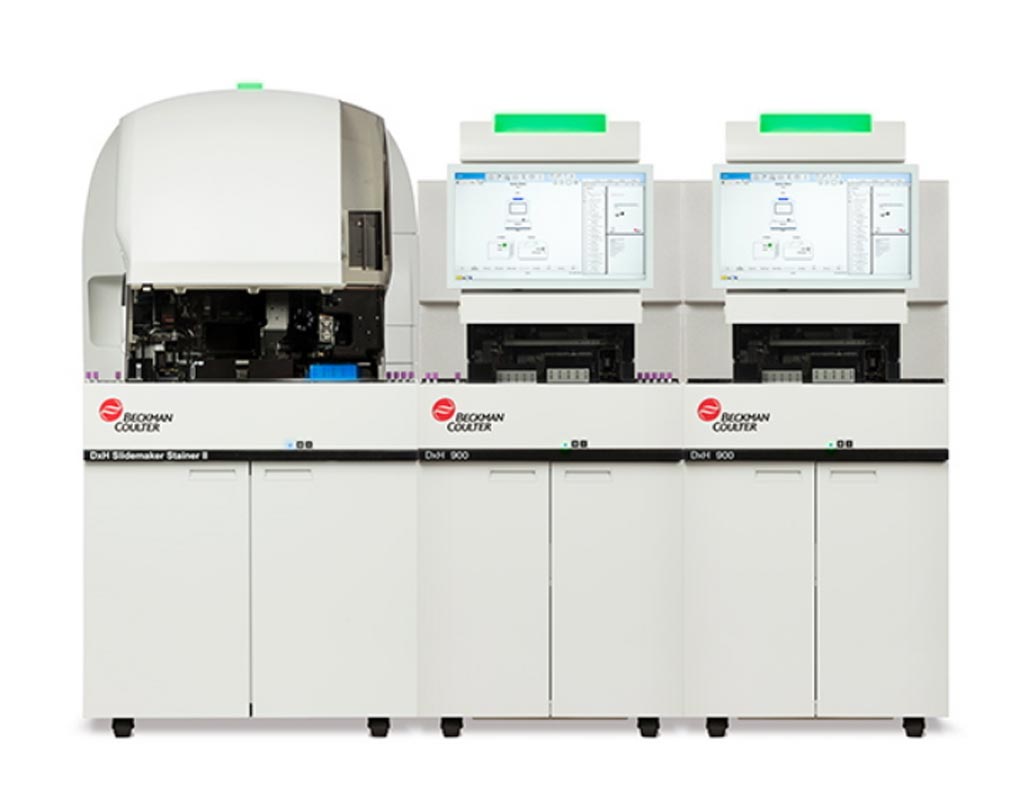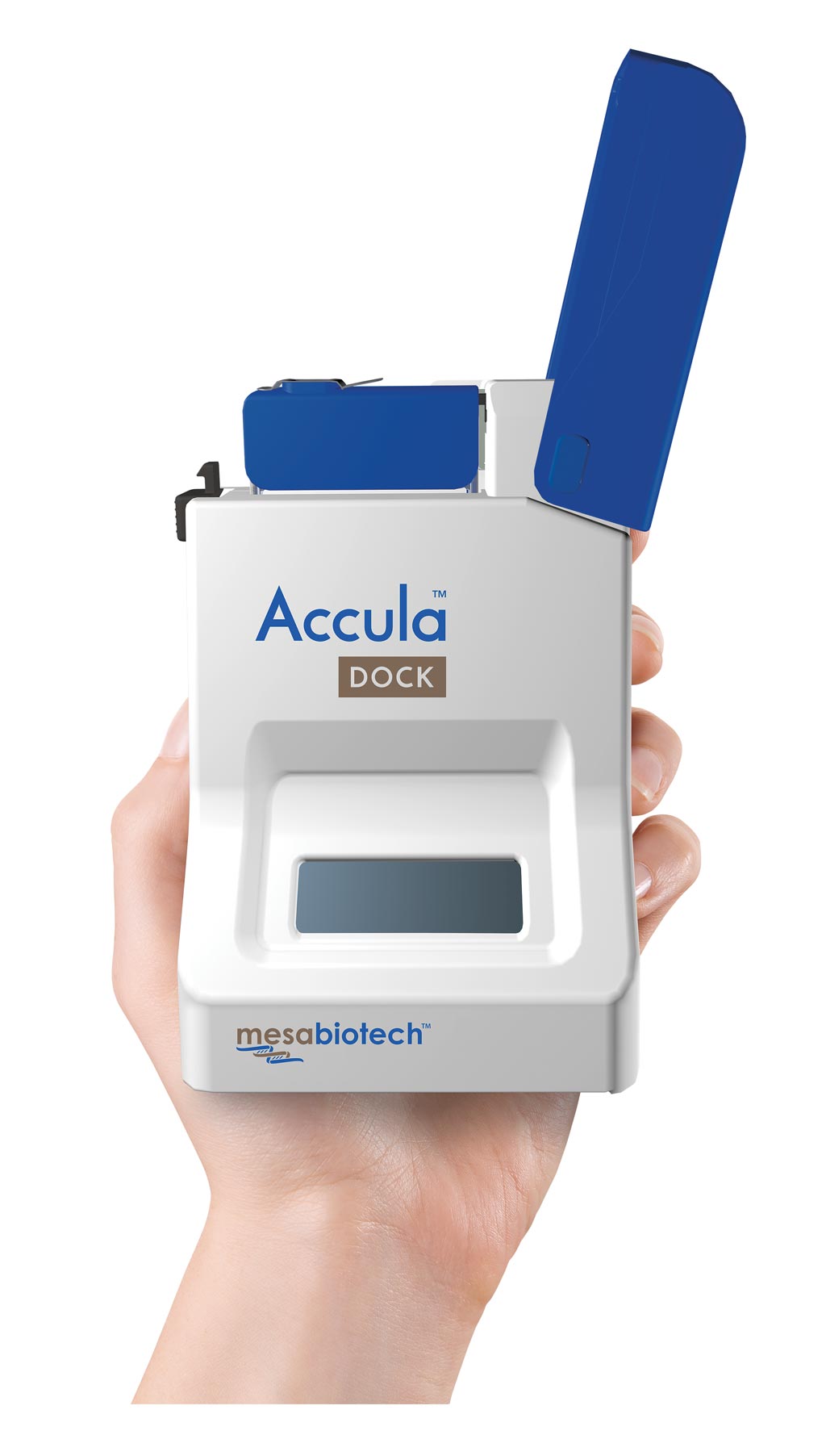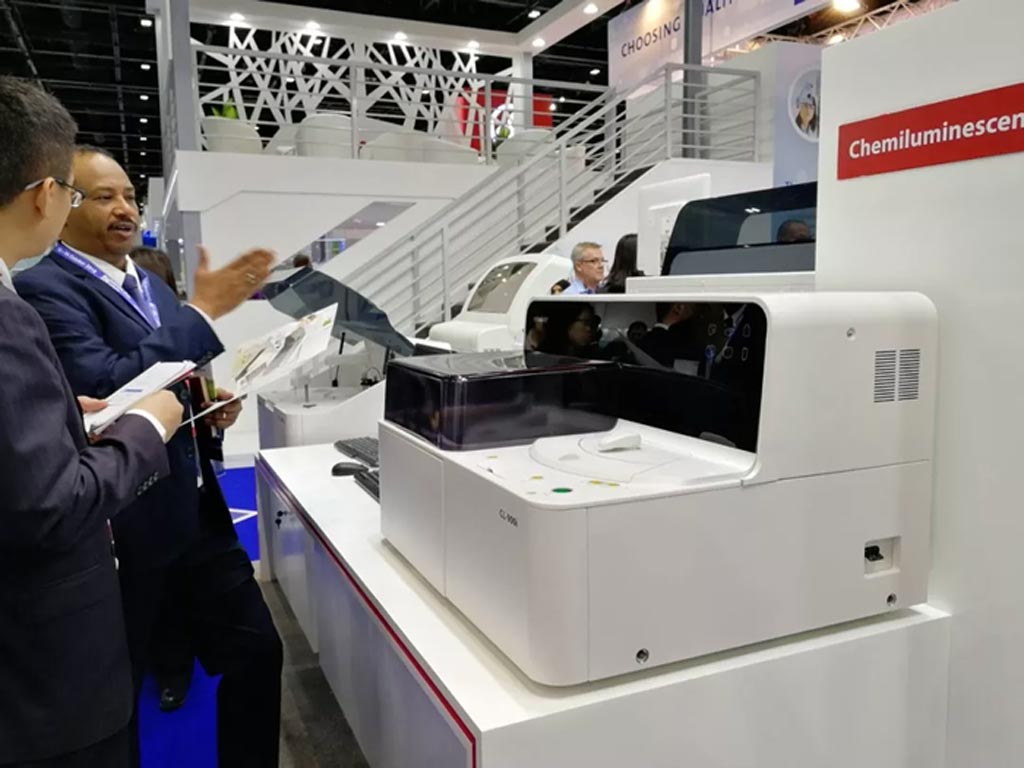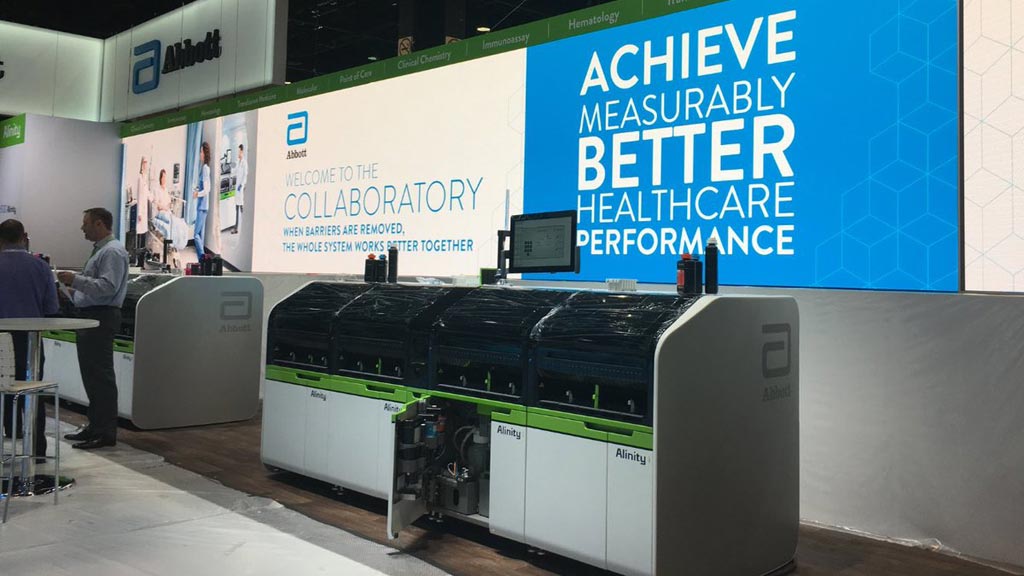Beckman Coulter Features New Hematology Analyzers and Lab Automation
By LabMedica International staff writers
Posted on 31 Jul 2018
Beckman Coulter Life Sciences (Brea, CA, USA) featured over a dozen of its newest innovations and differentiated solutions at the 70th American Association of Clinical Chemistry (AACC) Annual Scientific Meeting and Clinical Laboratory Expo (CLE) in Chicago, USA. The combination of innovation and solutions showcased the central theme of “Define Your Tomorrow with the Power of Partnership.”Posted on 31 Jul 2018
Beckman Coulter Diagnostics provides scalable instruments, comprehensive diagnostic tests and business management services to hospitals, laboratories and other critical care settings around the world to help healthcare and laboratory professionals provide better patient care. Featured at the AACC 2018 were two new hematology analyzers – the high-volume DxH 900 with Early Sepsis Indicator and the low-volume DxH 520 – as well as the high-sensitivity troponin I assay, Access hsTnI, for use on the Access 2 and DxI family of immunoassay systems. In addition to these new products, Beckman Coulter showcased its comprehensive portfolio, including the Power Express laboratory automation system, with a full complement of clinical information technology solutions.

Image: The DxH 900 hematology analyzer (Photo courtesy of Beckman Coulter).
“Actionable diagnostic information in the shortest possible time is critical for patients with high-acuity conditions,” said Peter Soltani, senior vice president and general manager, hematology, Beckman Coulter Diagnostics. “The Early Sepsis Indicator is a first-of-its-kind hematologic parameter that can be calculated as part of the standard CBC test on DxH 900 systems. It gives clinicians an insight into the possibility of sepsis, or risk of developing sepsis, in patients in acute-care settings. Given the mortality and financial burden of sepsis worldwide, we believe that this new parameter will help advance the care of septic patients just as Coulter analyzers impacted clinical practice over 60 years ago.”
Diagnostic innovations for critical conditions, including sepsis and acute myocardial infarction, were the featured topics at Beckman Coulter’s in-booth theater presentations. Attendees had the opportunity to learn about the recently released Beckman Coulter high-sensitivity troponin I assay, for diagnosis of patients presenting with chest pain, and Early Sepsis Indicator, for which Beckman Coulter recently filed a 510(k) submission to the U.S. FDA.
“Access hsTnI, the first true high-sensitivity troponin I assay cleared by the FDA, demonstrates <10% cv at the upper reference limits (urls) for men and women, and detects troponin in >50% of the healthy population. With this assay, laboratories have increased testing flexibility, as it is the only high-sensitivity assay to use either plasma or serum samples,” said Puneet Sarin, senior vice president and general manager, chemistry and immunoassay, Beckman Coulter Diagnostics.
“The most common cause of death in women is heart disease. Women sometimes do not exhibit the same symptoms as men when experiencing a heart attack. Because women tend to have lower troponin levels than men, their treatment may be delayed,” said Michael Samoszuk, M.D, vice president and chief medical officer, Beckman Coulter Diagnostics. “Access hsTnI enables more accurate identification of women with myocardial infarction by providing separate sex-specific URLs.”
“Decreasing reimbursement, increasing workloads, and shortages of qualified technologists are just a few of the challenges seen by clinical laboratories today,” said Chris Riley, president, Beckman Coulter Diagnostics. “Our singular focus is serving clinical laboratories and their patients. Beckman Coulter’s broad product portfolio, Performance Partnership program and cadence of clinical innovations make us uniquely positioned to help laboratories succeed in the current environment.”













